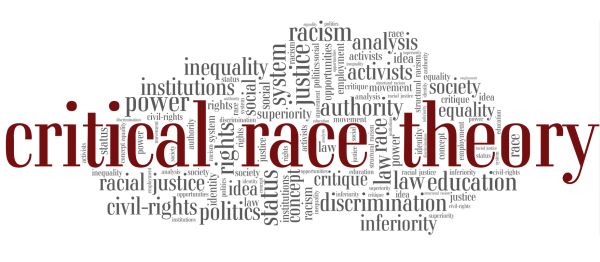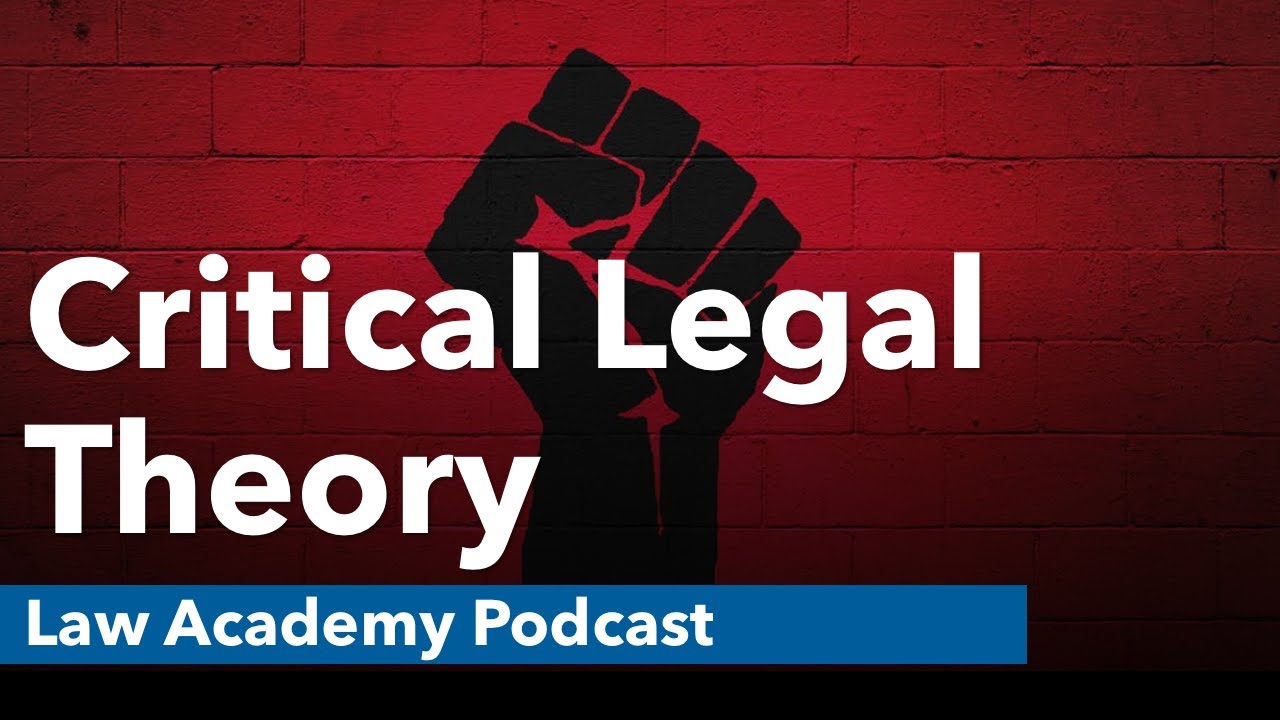Table of Contents
Introduction:
Critical Race Theory (CRT) has emerged as a prominent framework within academic discourse and public debate, sparking controversy and polarizing opinions. Rooted in critical legal studies and the civil rights movement, CRT seeks to examine the intersection of race, law, and power dynamics within society. In this comprehensive article, we delve into the origins, principles, applications, and controversies surrounding Critical Race Theory, exploring its impact on academia, policy, and social justice discourse.
Historical Context and Origins:

Tracing the historical roots of Critical Race Theory to the civil rights movement of the 1960s and 1970s, as well as the emergence of critical legal studies in legal academia.
Discussing the influence of scholars such as Derrick Bell, Kimberlé Crenshaw, Richard Delgado, and Patricia Williams in shaping the foundational principles of CRT.
Exploring the sociopolitical context of the United States during this period, including ongoing struggles for racial justice, desegregation, and affirmative action policies.
Core Principles and Tenets:
Analyzing the core principles of Critical Race Theory, including the recognition of race as a social construct, the centrality of systemic racism and oppression, and the intersectionality of race with other forms of identity and inequality.
Discussing key concepts such as interest convergence, racial realism, storytelling, and the permanence of racism, which serve as foundational pillars of CRT scholarship.
Exploring the role of counter-narratives, lived experiences, and critical perspectives in challenging dominant ideologies and promoting social change within legal and academic institutions.
Applications in Legal Studies and Academia:

Examining the impact of Critical Race Theory on legal scholarship and jurisprudence, including critiques of colorblindness, meritocracy, and neutrality in the law.
Discussing the influence of CRT in various academic disciplines, such as sociology, education, political science, and cultural studies, where it informs research on race, power dynamics, and social inequality.
Exploring the interdisciplinary nature of CRT and its intersections with feminist theory, queer theory, postcolonial studies, and other critical approaches to understanding social phenomena.
Controversies and Criticisms:
Addressing the controversies surrounding Critical Race Theory, including criticisms from conservative commentators, politicians, and advocacy groups who allege ideological bias, divisiveness, and indoctrination in educational settings.
Analyzing critiques of CRT from within academia, including concerns about its conceptual framework, methodological rigor, and empirical evidence base.
Exploring debates over the role of CRT in shaping public policy, school curricula, and diversity initiatives, as well as its implications for freedom of speech, academic freedom, and intellectual diversity.
Impact on Social Justice Discourse:
Assessing the impact of Critical Race Theory on contemporary social justice movements and advocacy efforts, including its role in raising awareness of systemic racism, privilege, and intersectional oppression.
Discussing the influence of CRT in informing anti-racist activism, policy advocacy, and grassroots organizing, as well as its contributions to broader discussions on equity, diversity, and inclusion.
Exploring the tensions and synergies between CRT and other approaches to social justice, such as liberalism, Marxism, and postcolonial feminism, and the potential for interdisciplinary dialogue and collaboration.
Political and Policy Implications:
Examining the political and policy implications of Critical Race Theory, including efforts by lawmakers and policymakers to restrict or ban its teaching in schools, colleges, and government agencies.
Discussing the broader cultural and ideological conflicts surrounding CRT, including debates over “cancel culture,” historical revisionism, and the role of education in shaping national identity and civic values.
Exploring alternative approaches to addressing racial inequality and promoting social justice, including multiculturalism, anti-racism, restorative justice, and community-based initiatives.
Future Directions and Evolving Discourse:
Speculating on the future of Critical Race Theory in academia and society, including its potential for further growth, refinement, and adaptation in response to changing social, political, and cultural contexts.
Discussing emerging research directions and interdisciplinary collaborations that may shape the evolution of CRT scholarship in the coming years.
Exploring opportunities for constructive dialogue, critical engagement, and meaningful action to address racial injustice and promote equity in diverse institutional settings.
Conclusion:
Critical Race Theory continues to provoke debate, inspire scholarship, and inform activism in pursuit of racial justice and social change. As a dynamic and evolving framework, CRT challenges us to confront uncomfortable truths about the persistence of racism and inequality in our society, while also offering insights and strategies for transformative action. By engaging critically with CRT and its principles, we can foster greater understanding, empathy, and solidarity in the ongoing struggle for a more just and equitable world.
For More Information Please Visit These Websites Mindmeister